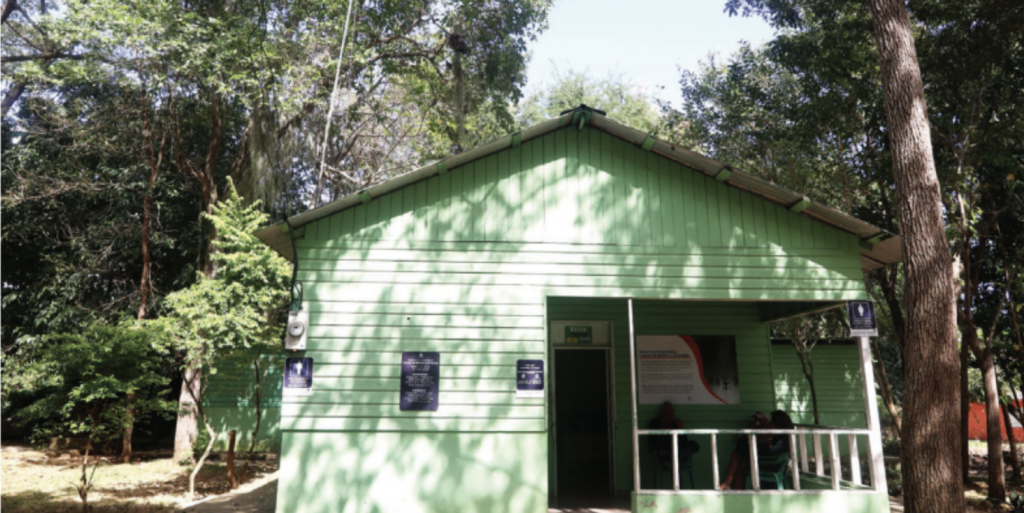
Anthropologist scientists, biologists, legislators, limestone mining companies, and the people of San Cristóbal are all focused on the breathtaking Pomier Caves, reports Hoy. The area where the caves are located was recently militarized by the Presidency to put a stop to aggregate mining.
.
Area protectors urge the government seek that the caves be declared a World Heritage Site due to their universal value and archaeological significance as evidence of the presence of the Igneris race, a pre-Columbian Arhuaco ethnic group in the region. President Luis Abinader in his 27 February 2025 address to the nation said the government would seek the area received the recognition of the Unesco.
Environmentalists guarding the Bourbon Caves—as they are also known—are urging President Luis Abinader continue to take actions in favor of the historical site. They understand there is a good living to be made if immediate actions are taken to find ways to open this archaeological monument to school tours, local tourists, and foreign visitors.
Activists working for its conservation, such as the Pomier Caves Foundation and the Pomier Tourist Guides Association, told Hoy that while it is urgent to establish these reserves as an archaeological asset. First, the area needs to be properly equipped.
José Corporán, president of the Guides Association and founder of the Foundation, along with Alex Corporán, the association’s vice-president, asserted that for years, mining companies have been extracting rocks for calcium carbonate production have been operating within the core area and buffer zone of the Pomier Caves Anthropological Reserve.
The Corporáns want the mining companies Dominicana de Cales (Docalsa) and Industrias Gat, which specialize in material extraction, to be relocated outside the province. Corporán accuses these companies of damaging the mountains, affecting the caves, and exporting most of their products. “Three mining companies have left San Cristóbal, and no one has died,” he stated.
He reiterated that the mining activities have impacted the aquifers supplying the Nigua River, which provides water to San Cristóbal. This claim of water contamination is shared by environmentalists Dr. Manuel Antonio Nina (Pacholi) and lawyer Mercedes Castillo, as reported in Hoy.
The Taíno Center Pomier Caves, the Pomier Platform, and the Pomier Caves Foundation, led by Marleny Corporán, are awaiting the opportunity for members of the Environmental Committee of the Chamber of Deputies to visit the reserve and listen to citizens’ concerns.
Meanwhile, Virginia Pérez, a resident of the El Pomier sector, told Hoy that she fears for her health due to the amount of dust she inhales, which also accumulates in her home located just one kilometer from Docalsa’s operations center.
The Corporáns, as environmental activists, are calling on representative sectors of San Cristóbal to restore the splendor of the Pomier Caves. They request that President Abinader instruct the development of a project to accommodate daily tourist visits.
To achieve this, they propose equipping the area with basic services, including the sale of drinking water, installation of restrooms, a visitor center, cave lighting, and landscaping to beautify the surroundings. They also suggest improving the access road. “The Pomier Caves must be declared a World Heritage Site,” they emphasized. They specified that the United Nations Educational, Scientific, and Cultural Organization (UNESCO) has already shown interest in these archaeological reserves.
Alex Corporán recalled that ruling-party senator for San Cristóbal, Gustavo Lara Salazar, visited the site with US legislators, expressing interest in the anthropological reserve.
As a nature interpreter, Alex works to preserve the cave system comprising over 50 caves across 4.4 square kilometers, including the four Pomier Caves in the eponymous sector of the Borbón district, San Cristóbal province.
“These caves are the most important in the entire Caribbean,” he stated, emphasizing their significance due to the vast number of rock paintings that serve as a testament to Taíno and Igneris culture. He then mentioned his years of experience as a guide for visitors, beginning at age 18.
He recounted investigations by anthropologists and archaeologists from various countries who documented the caves’ value and the objects found within them, highlighting the efforts of speleologist Domingo Abreu Collado, who trained him. The Pomier Caves were closed from 2002 to 2013, and Alex did not miss a single day visiting them during that period.
4 March 2025

